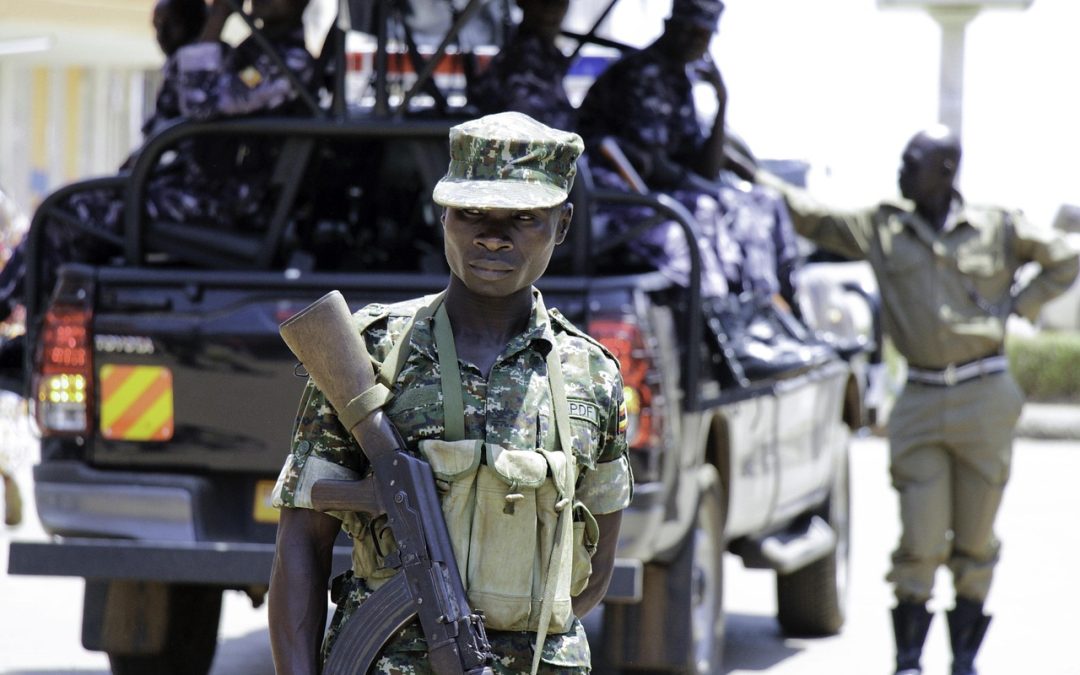As military bases are often situated in or near civilian communities, it’s essential for individuals living or visiting these areas to understand their rights and responsibilities when interacting with military police. While military law enforcement officers have unique responsibilities and authorities, their interactions with civilians are still subject to constitutional protections and legal guidelines. In this post, we’ll explore the nuances of interacting with military police near bases, focusing on safety, rights, and respectful communication.
Understanding Military Police Authority
Military police, also known as Military Law Enforcement (MLE), are responsible for maintaining law and order on military installations and enforcing federal laws and regulations. Their authority extends to areas adjacent to bases, but it’s crucial to understand that their powers are not identical to those of civilian law enforcement. Military police may detain individuals for certain offenses, but they typically lack the authority to make arrests or issue citations for civilian crimes.
Interacting with Military Police
When interacting with military police, it’s essential to remain calm, respectful, and aware of your rights. Here are some practical tips:
- Stay calm and composed; avoid confrontational language or behavior.
- Be prepared to provide identification, but understand that you may not be required to do so in all circumstances (more on this below).
- Politely ask the officer about the reason for the stop or detention.
- Avoid giving consent for searches; if an officer requests to search your vehicle or person, ask if they have a warrant or probable cause.
- Remember that you have the right to remain silent; if you’re unsure about responding to questions, invoke your Miranda rights.
In situations where you’re unsure about your rights or the officer’s authority, it’s essential to seek clarification. Remember that you have the right to ask for a supervisor or to contact your local authorities if you feel unsafe or unsure about the interaction.
The right to be informed of the nature and cause of the accusation is a fundamental concept in our system of criminal justice. – Gideon v. Wainwright (1963)
In some states, stop-and-identify laws require individuals to provide identification when reasonably suspected of criminal activity. However, these laws may not apply on federal property, such as military bases. It’s essential to understand the specific laws in your area and to politely ask about the officer’s authority if you’re unsure.
Practical Reminders and Encouragement
When interacting with military police, prioritize safety and de-escalation while asserting your rights. Remember that you have the right to:
Stay informed about local laws and regulations.
Know your rights, and don’t hesitate to ask for clarification or guidance.
Seek support from local authorities or legal aid if needed.
By staying informed, respectful, and aware of your rights, you can navigate interactions with military police near bases with confidence and safety. Remember to stay calm, and don’t hesitate to seek help if you’re unsure or uncomfortable. Stay informed, stay safe, and know your rights!
The information at Observed.Org may not pertain to every jurisdiction. It is YOUR responsibility to know your rights and observe them. Nothing here should be considered legal advice.

